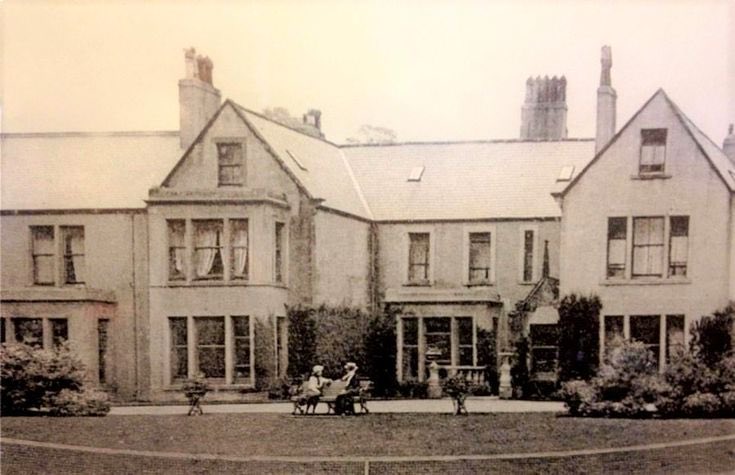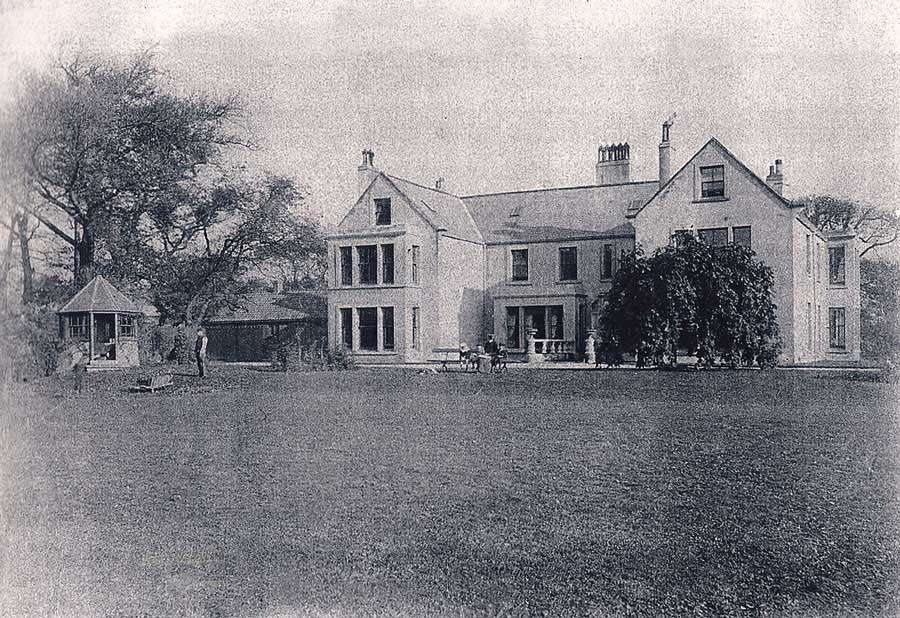
North Biddick Hall
Biddick, Washington
Last Updated:
26 Apr 2024
Biddick, Washington
54.892705, -1.521701
Site Type:
Country House
Origin:
Status:
Demolished
Designer (if known):
Only the lodge remains

Given Washington is a patchwork of villages interwoven with farmsteads, there was also a fairly few country houses. North Biddick Hall was one, and only its lodge survives today on Biddick Lane.
Biddick was first mentioned in the Boldon Book of 1183 (basically the northeast’s version of Domesday). This gives us a good indication of its Norman roots, with this site probably being a continual homestead since.
It fell into the hands of the Hylton family through marriage in the 14th century, and remained so until the 19th century. Wealth from slavery and plantations was funnelled through these houses, with the family building their wealth in part through colonialism. The estate was put up for let in 1856. The whole North Biddick Estate consisted of the hall, four capital farms, Oxclose Colliery (https://www.northeastheritagelibrary.co.uk/coalsarchive/3003/oxclose-colliery), Wayleave from a portion of the Pontop & South Shields Railway, extensive iron works, cottages, accommodation land and numerous enclosures on the banks of the River Wear to be used for manufactories or wharves. Overall it contained 500 acres and produced a gross rental of £1538 per annum. In total, this is around £140k today.
It passed to Joseph Cook, the owner of the huge Washington Iron Works at Usworth founded in 1858. As with many industrialists, he also ran for political office in the area and became a county magistrate. He held local fetes here for the community too.
In 1911 North Biddick Hall was put up for auction, with Cook vacating the hall. He moved to Cumberland House in Harrogate and died there aged 69 in 1915. It was put up for auction alongside his carriages, furniture and greenhouse. It appears it remained in the same family, as Mrs I B Cook invited the Chester le Street Unionist Association for a garden party in 1927. Washington's "grand old lady" and Joseph's wife died in 1932 at 84.
Coal subsidence, a constant issue in these parts, led to the demise of the building in the late 60s. All we have left is the beautiful lodge at the entrance, and if we look back we’d see the front elevation of the hall around 100m away. It was listed Grade II* before being demolished.
Listing Description


The Ordnance Survey maps here show North Biddick Hall between the 1850s and 1890s. The 1850s map shows the house without its lodge, around a mile away from Washington Iron Works which Joseph Cook's father founded. It featured a pond, gardens and outbuildings. The pond was drained by the 1890s, as well as featuring a north extension and the new lodge on Biddick Lane.

The map surveyed in the 1910s presents a similar vista, with the area still being a semi rural lane before the New Town developments. The Iron Works and the Washington Station developments had grown substantially however, with plentiful social infrastructure like Methodist Churches, schools and theatres dotting the landscape.

North Biddick Hall Lodge in 2024

Undated photograph of Biddick Hall in use. Unknown original source.

The home in the 1890s. Cook later added an extension as seen in the other shot. Source: Raggyspelk